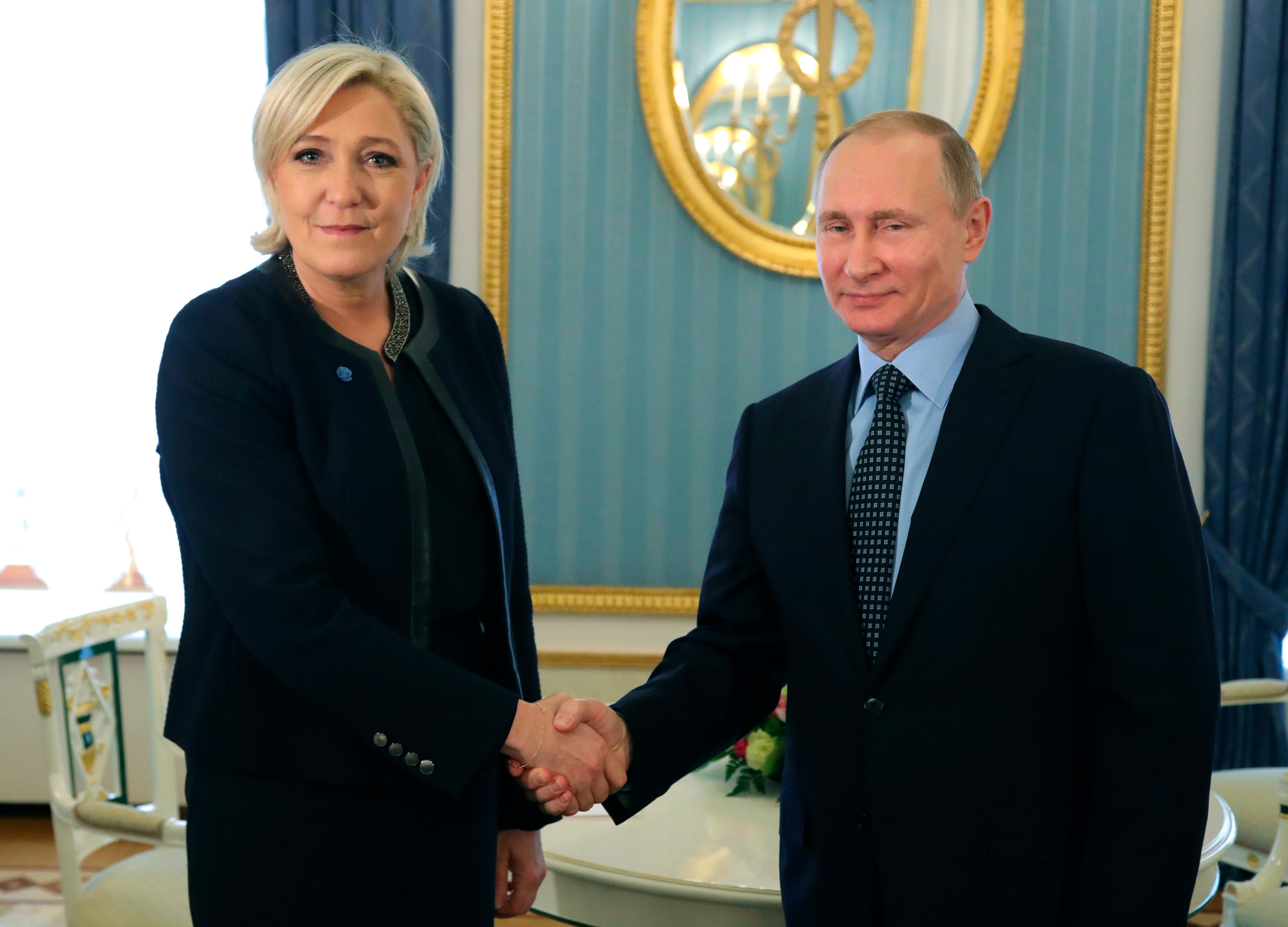Mea Culpa: hamming it up for the French election
Questions of style and language in last week’s Independent, policed by John Rentoul


Every now and again I try to prove that I am not just a curmudgeonly pedant by praising one of our writers instead of finding fault. This week let me commend Borzou Daragahi, our international correspondent, for a variation on an old cliché that is actually elegant and effective.
In an article about Marine Le Pen’s past admiration of Vladimir Putin coming back to haunt her, he wrote that the Kremlin appeared to be interfering less in the French election this time round, “suggesting Moscow realised its ham-handed attempts five years ago to smear Mr Macron by leaking emails from his inner circle had backfired”.
The usual phrase is “ham-fisted”, but it has become so worn from overuse that it washes meaninglessly over the reader, whereas “ham-handed” restores the freshness of the original metaphor of hands so clumsy that they resemble hams. More, please.
On the bench: In a report of a sunflower oil shortage caused by war in Ukraine, we said that several countries have “substituted sunflower oil for products such as rapeseed oil, soybean oil, palm oil and olive oil”. The convention is that if you substitute A for B, you end up with A. If you substitute A with B, you end up with B. It is needlessly confusing, and would be simpler if we just said “replaced sunflower oil with rapeseed oil” and so on (we did not need “products such as”, because we provided what is presumably a list of most of them). Thanks to Linda Beeley for pointing that out.
Ready, set, slow: A headline on our business pages said: “UK poised for slowest economic growth in G7.” As John Harrison wrote to say, being “poised” to be the slowest in a race conjures up an awkward mental image. Even that old standby “set for” would be better.
Line to take: In an article about what India hoped to gain from Boris Johnson’s visit, we quoted Manish Priyam, an India-based political analyst, as saying that India “has not towed the Nato line”. This is a common confusion of a word that sounds the same but is spelt differently: the metaphor is probably military in origin, about a line on the ground or the deck of a ship on which soldiers or sailors were required to stand. We meant “toed the Nato line”. Thanks to Philip Nalpanis for that one.
Back in the saddle: Another common confusion of words that sound the same occurred in an article about boxing, in which we wrote about the sport “back-peddling and hand wringing”. Thanks to Philip Talbot for reminding us that we meant “backpedalling”. Pedalling backwards and wringing your hands at the same time, though, is a strange manoeuvre for the sport’s ruling bodies to adopt.
Special effects: Before the prime minister’s visit to India, we wrote in an editorial: “If China and India continue to trade and invest in Russia as normal, effectively busting the sanctions imposed by other countries, the economic war on Russia will be critically weakened and the agonies of Ukraine prolonged.” I think that should be “in effect busting the sanctions”, because we were saying that would be the effect of normal trade; “effectively” could mean that normal trade was a particularly effective or efficient way of busting sanctions. This is higher pedantry, I accept, but I hold our editorials to a more demanding standard.



Join our commenting forum
Join thought-provoking conversations, follow other Independent readers and see their replies
Comments